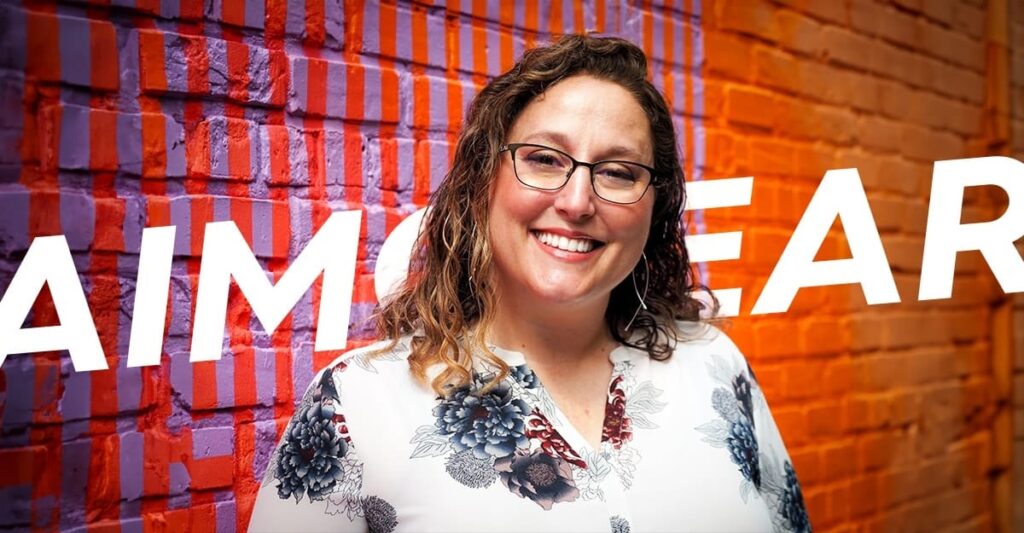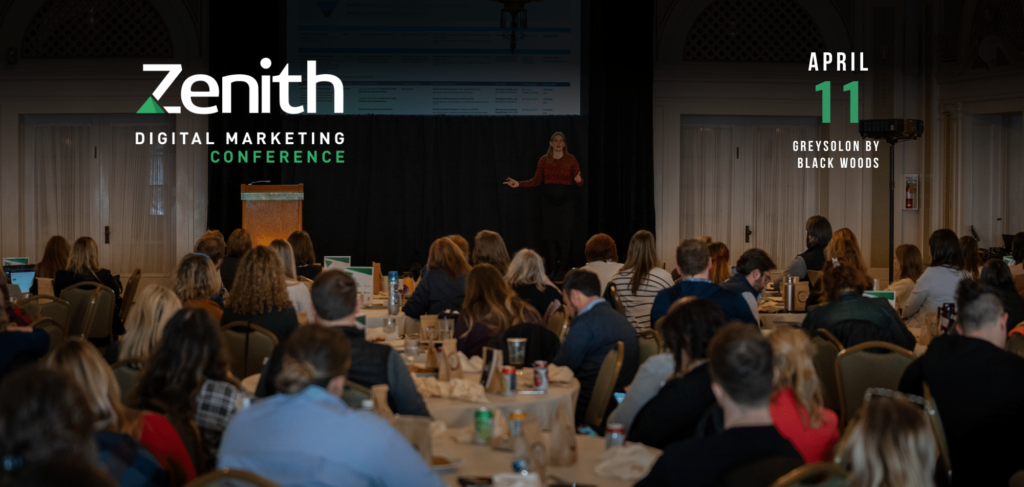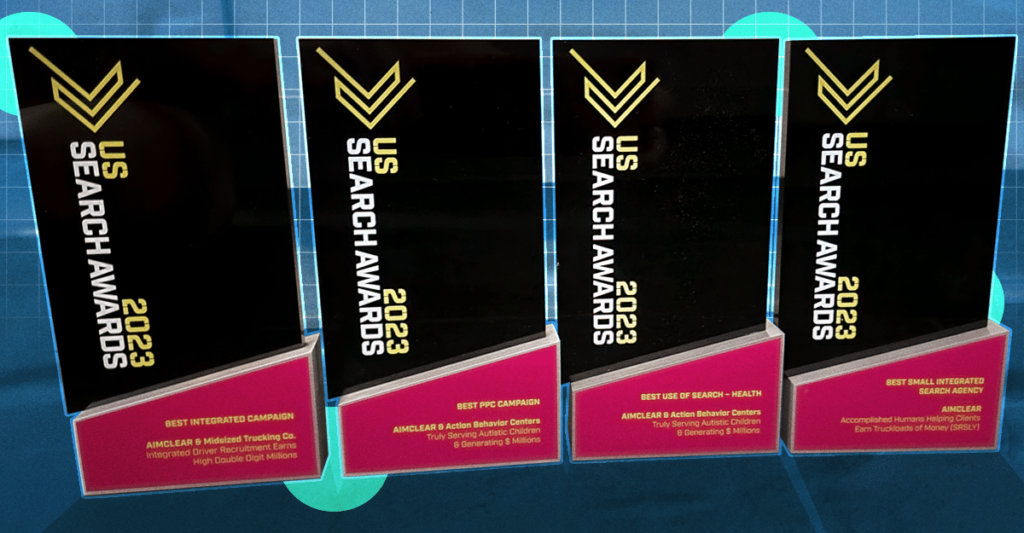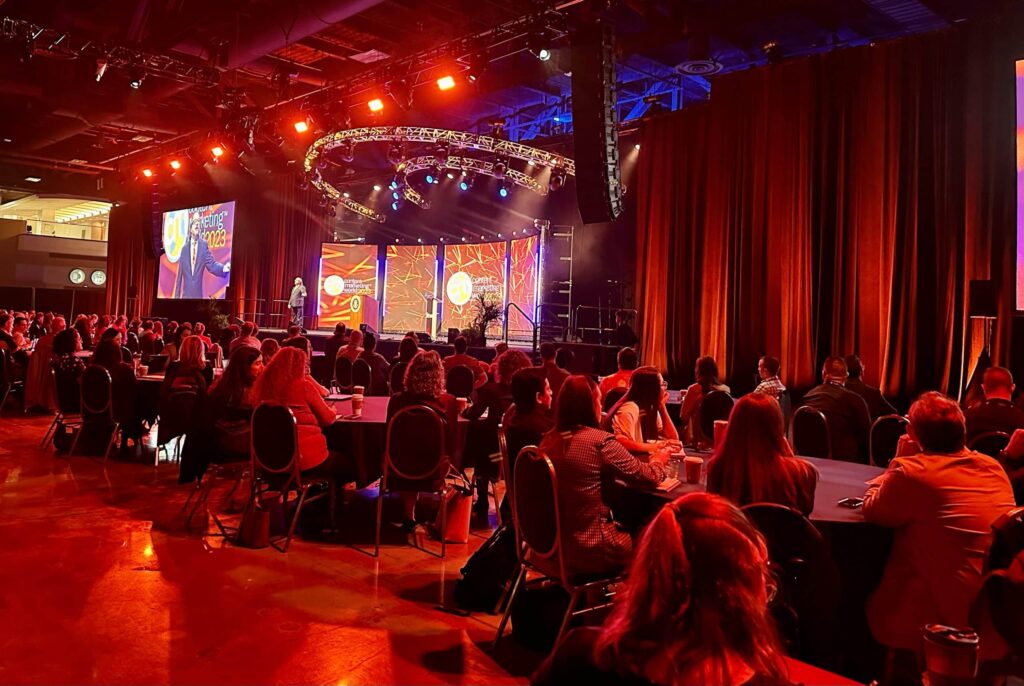Motoko Hunt is a powerhouse international marketer with deep-rooted insight and experience working with Far-East markets. In 2008 she established AJPR, a female-led consulting agency specialized in Japanese SEO and SEM. With clients from both side of the pond, Motoko and her team train companies how to connect with Japanese Internet users in an effective and meaningful way.
Whether she’s sharing first-hand knowledge of Japanese online markets in the boardroom, showcasing it in digital or print trade publications, or serving it up to a room of eager conference attendees, Motoko is a bright, familiar face in our industry. Next month she’ll head to Search Engine Strategies San Francisco to psyche marketers up about Getting Ready for Global Business. AIMCLEAR had the pleasant opportunity to sit down for an interview with Motoko prior to the event, where we we talked about what channels and regions have got her jazzed at the moment, the best and worst of keyword translations, as well as personal and professional milestones. Read on for the full scoop.
| AIMCLEAR: You’ve been in the online marketing space for over a decade, helping companies leverage the Internet to tap into Far-East marketplaces. Could you share with us about how you became invested in this industry – what sorts of previous work led you to to what you do now?
Motoko Hunt: In the mid 90s, my husband started an eCommerce site, which I helped to localize for Japan and to market it with display ads and various Japanese web directories including Yahoo Japan. Japan was the second largest Internet market after the US. After the story of his business targeting overseas using Internet was featured in the Inc magazine, many companies contacted and asked us to help bringing their online businesses globally. I left my position at B2B/B2G agency, and created AJPR in 1998.
| AIMCLEAR: What’s your gut instinct (or expert opinion) on the rumored deal between Facebook and Baidu? Does Facebook have a place in the PRC’s social network landscape?
MH: Yes, I think it does have a place in PRC but only with the experience of a partner like Baidu. Â Like most western companies, Facebook would have struggled to grow in China, even if there were no government restrictions. I think they’ll have a good chance of making it in China with Baidu’s help, assuming that Baidu actually incorporates Facebook services into their search and portal services. Facebook may use Baidu’s infrastructure to offer the ad services, which would create new opportunities for businesses.
| AIMCLEAR: Quick: What region and / or network (channel) are you most excited to market in at the moment, and why?
MH: Singapore, Indonesia and Philippines. These are open and increasingly important markets especially for B2B businesses in Asia. They all have an English language base, relatively well educated and good internet infrastructure that allows large percentages of the population to interact with them. They are all putting a lot of emphasis on foreign tourism which will expose western markets as well as locals to foreign cultures and products.
| AIMCLEAR: What are some of the funniest / worst / most bizarre keyword localizations or translations that you’ve come across in the field?
MH: It would be a site using a Japanese word for “able” as a translation for “(tin) can”. Sites with machine translated content are always fun to look at (and headache to work with.) I once saw a site with 90% translation mistakes. Automated translation tools are great, but you should always have it edited by a professional human translator.
| AIMCLEAR: The U.S. tends to lead by example with many of the “classic” marketing strategies and concepts. Have you encountered any marketing strategies or case studies in foreign countries that you think U.S./western marketers could learn from?
MH: Old habits are hard to break, and unfortunately, the “classic marketing” or “branding” strategies are on many people’s mind in Asia, too, even when it comes to the Internet marketing. However, some are integrating search, mobile and social marketing really well to bring huge success. When H&M opened its first store in Tokyo in 2008, they kicked-off the opening campaign just with a mobile site 2 months prior to the opening. As a result, they had 6000 people lined up at the store opening in September. It created a huge buzz online, which created tons of quality links to the newly opened PC site.
The use of mobile campaign site was a well thought out strategy targeting young adult female market in Japan. H&M didn’t have the brand awareness in Japan prior to the opening. It created the awareness in mass media by targeting their core market with added value (exclusive offers for VIP membership, etc.) without going mass marketing.
One of the biggest differences we see in Asia is advertising that is more about benefits and functionality for the user and less about the brand and being bigger, better and faster which is the norm in the US.
| AIMCLEAR: In March of 2009, you were honored for your hard work and dedication to the online marketing industry by receiving the first SEMPO President Award. Could you talk a bit about what that award meant to you?
MH: I believe in SEMPO as a great industry community that provides various information backed by the fact, educational opportunities and the place to network, which is in large operated and managed by the volunteers like me. This type of organization is desperately needed especially in the Asian market. It was a surprise to receive the award, and I was very honored by it. SEMPO gave me a place to give back to the community, and I’m not alone. On the SEMPO board of directors and in the APAC committee, I work with many dedicated search professionals from around the world. I believe the award was given to me to honor not just me but also the other members of the groups, and I share it with them.
| AIMCLEAR: On Day 2 of SES San Francisco, you’re set to take the stage and share tips on Getting Ready for Global Business. Care to share a sneak peek of what you’ll discuss during your presentation?
MH: In addition to the logistical and cultural issues when targeting Asian market and some of the information resources available in English, I plan to touch some of the common “I wish I thought it before the launch” issues and the success stories that relate to many sites regardless of the size.
| AIMCLEAR: Thanks for your time today, Motoko! See you at #SES SFO 🙂








